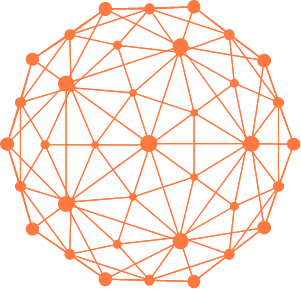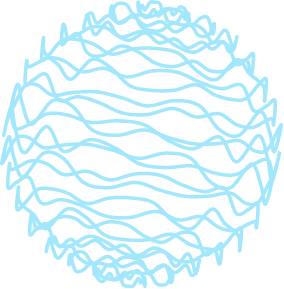
The Theory of Change Pillars
Multi-disciplinary Knowledge Communities
Fostering multidisciplinary collaboration and global knowledge exchange and enhancing expertise to empower the next generation of scientific leaders

The challenge

Historical inequities and rapid increases in health needs have prevented adequate research and public health capabilities across the Global South. Resource gaps have led to limited collaboration opportunities and technology access, especially between Global South institutes, and depressed voices within key regional and global health decision-making bodies

Post-graduate programs and training opportunities are often disjointed and lead to limited growth opportunities or emigration for professional reasons. Although many institutions offer short courses, few are integrated into degree programs, creating parallel and unintegrated approaches to postgraduate programs. Distance learning is rare, as are on-the-job and on-campus programs
Role of the Pasteur Network
What?
We will focus on
1) Increase collaboration and Community of Practice (CoP) opportunities for Global South members
2) Training, connecting, and elevating the next generation of scientific leaders and their voices
How?
- Pooling research resources and knowledge across the Pasteur Network and with partner institutions
- Elevating local scientists’ voices across regional and global decision-making bodies
Related Work and Areas of Interest
Build thematic communities of practices
Coalesce thematically aligned researchers to transfer knowledge and advance scientific discovery and improve local public health practices
Build coalitions for research and leadership training
Joint-PhD and masters programs to develop and create enabling environment for scientific leaders